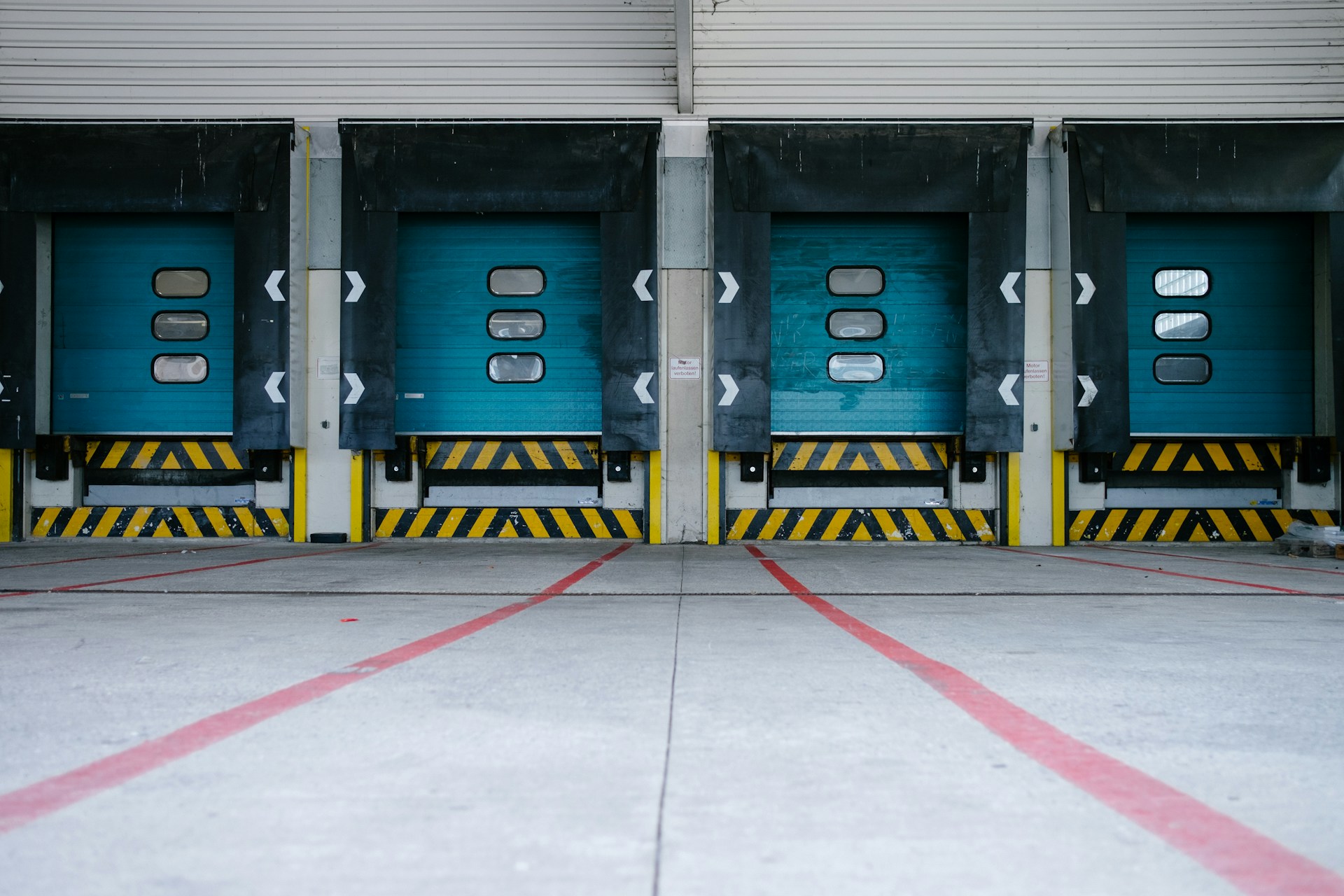
Choosing the Best Warehousing Type for Your Business

When selecting the optimal warehousing solution for your business, understanding the variety of warehousing types available and the key factors crucial to your choice is essential. Warehouses come in various forms, each designed to meet specific needs in the supply chain. Additionally, several critical considerations will guide you in choosing the most suitable warehouse type for your business operations and objectives.
Types of Warehouses
Public Warehouses: These are operated by third parties and offer storage facilities to businesses on a short-term basis. Companies use them to store goods without long-term commitments, which is beneficial for businesses with fluctuating inventory needs.
Private Warehouses: Owned and operated by the companies that own the goods being stored, these warehouses provide long-term control over storage processes. They are typically used by companies with large volumes of products and the financial ability to invest in their own storage facilities.
Bonded Warehouses: These secure warehouses are used to store imported goods before duty is paid. They are government-licensed and are useful for businesses that import large quantities of goods but wish to defer tax payment until the goods are sold or removed.
Smart Warehouses: Utilizing advanced technologies like IoT, robotics, and AI, smart warehouses optimize operations to increase efficiency and reduce errors. They are at the cutting edge of warehouse automation, ensuring rapid processing and real-time inventory tracking.
Consolidated Warehouses: These facilities collect small shipments from different suppliers and consolidate them into larger shipments. This process reduces shipping costs and is particularly valuable for smaller businesses without the volume to fill entire trucks on their own.
Distribution Centers: Focused on processing goods rapidly for distribution rather than long-term storage, they often serve as intermediate points for goods moving to different destinations. They handle large quantities of products and are essential for e-commerce and retail distribution.
Climate-Controlled Warehouses: Specially designed to store goods that require certain temperatures or humidity levels, such as food, pharmaceuticals, and chemicals. They ensure product quality by maintaining strict environmental conditions.
Cold Storage Warehouses: A subset of climate-controlled facilities, these are specifically designed for perishable goods that require refrigeration or freezing, such as fresh produce, meats, and seafood.
Each type of warehouse serves a specific role in the storage and distribution of goods, contributing to the entire supply chain's efficiency. From long-term storage solutions to rapid distribution points, these facilities cater to the diverse needs of various industries and businesses.
Key Consideration Factors
Selecting the appropriate warehouse is pivotal for enhancing operational efficiency and ensuring customer satisfaction in your business. A well-chosen warehouse not only meets your current logistic requirements but also adapts to future expansion, supporting your business growth. The location of a warehouse significantly influences logistics costs and delivery timelines, making it essential to choose a site that’s close to your primary customer base, suppliers, and essential transportation avenues. This strategic placement boosts efficiency and elevates service levels.
Evaluating the warehouse size and its adaptability is crucial to ensure it can manage your inventory both now and as your business grows. Different products may have unique storage needs—such as specialized conditions for perishable goods or secured areas for valuable items—mandating a warehouse capable of handling these specific requirements.
In the contemporary logistics landscape, technological advancements and automation play a crucial role. Warehouses equipped with modern technology, such as Warehouse Management Systems (WMS), enhance order fulfillment precision, efficiency, and speed while offering real-time insights into inventory levels.
Understanding the cost implications—including storage fees, handling charges, and any additional services—is vital for budgeting and financial planning. Some warehouses offer added value through services like packing, kitting, or direct shipping, which can further streamline your supply chain.
The security of your inventory cannot be overstated, necessitating a warehouse with robust security measures like surveillance, controlled access, and security personnel. Compliance with industry regulations and standards is another critical factor, especially for businesses in sectors with specific storage and handling requirements.
The reliability and flexibility of your warehouse provider affect your ability to respond to market changes and customer demands efficiently. Assessing their preparedness for disasters and emergencies, ensuring they have adequate insurance coverage, and understanding the scope of their policy are additional considerations that safeguard your business continuity and investment.
By meticulously evaluating these factors—location, scalability, suitability for your products, technological integration, cost, supplementary services, security measures, compliance standards, provider reliability, disaster preparedness, and insurance coverage—you position your business for success. The right warehouse facilitates not only the safe and proficient handling of your products but also propels your supply chain towards greater efficiency and effectiveness.
Conclusion
The variety of warehouses available caters to the diverse needs of businesses across industries. When determining the best type for your business, consider how each option aligns with your operational requirements, budget constraints, and long-term goals. These decisions are instrumental in optimizing your supply chain, enhancing efficiency, and supporting your business's growth strategy.















